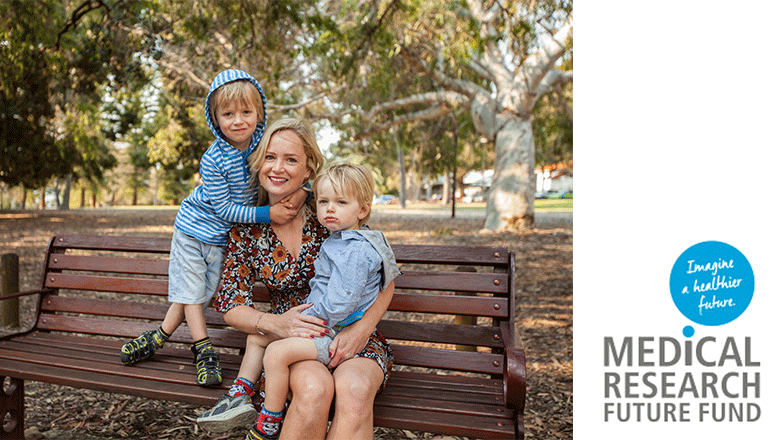Search
Showing results for "1"

News & Events
The Kids welcomes renewed commitment to Medical Research Future FundThe Kids Research Institute Australia has welcomed the Federal Government's commitment to legislate the Medical Research Future Fund
News & Events
Find out more about our brand new Showcase ProjectsOur showcase projects are a demonstration of how we at The Kids Research Institute Australia are committed to a new way of working.
News & Events
Telethon Institute research provides new insights into the cause of asthma attacksTelethon Institute for Child Health Research scientist Dr Anthony Bosco has been recognised for his cutting edge research investigating asthma attacks
Research
Testing the meningococcal conjugate vaccine MenACWY-TT in toddlersJennifer Peter Kent Richmond RN MBBS MRCP(UK) FRACP Clinical Research Manager Head, Vaccine Trials Group Jennifer.Kent@thekids.org.au Clinical
We wanted to examine the effects of spinal fusion surgery to treat scoliosis on the functional abilities of girls and women with Rett syndrome.
Find publications that have been published about Young Minds Matter or relating to the Young Minds Matter research data.

News & Events
New Funding Supports ORIGINS’ Expansion into Early Childhood ResearchThe ORIGINS Project has been named as a key beneficiary of the Stan Perron Charitable Foundation Research People & Platform round for 2023.

This project aims to examine whether maternal probiotic supplementation promotes an enhanced immunomodulatory breastmilk composition likely to promote infant oral tolerance, and reduce food allergy in breastfed children.
Read about Biostatistician Grant Smith at the Children's Diabetes Centre.
PhD Scholarship opportunities The Rio Tinto Children’s Diabetes Centre; A JDRF Global Centre of Excellence, (“the Centre”) based at The Kids Research
